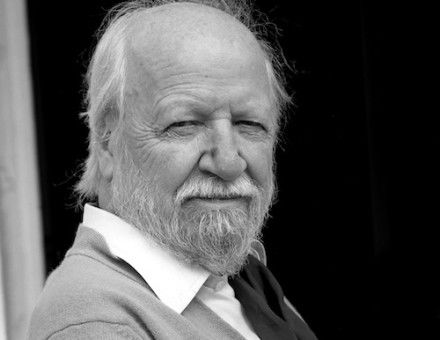Childbirth in the Middle Ages
The hazards of medieval pregnancy were met by attitudes that were a curious mixture of folklore, obstetrics, religion and common sense.
'It was about midnight that she gave birth'. Genixia had earlier denied that she was the mother of the little baby boy, who had been found wrapped in a little cloth and dead, and had maintained that she was a virgin. However other women in the town had presumed from her swelling shape that she was pregnant, and the judge now asked two of them to examine Genixia, to hold her breasts to see if there was milk in them. Result: positive. About fifteen days before the hearing Genixia had complained of pain in her sides and used this as an excuse to go to bed, and now she let out to the judge the truth about this. She was alone when she gave birth. She had not called upon any woman to help, explaining now to the judge that she could not, because she was alone. She did not want shame from her family; [she had said to herself] 'After I have given birth I'll behave secretly, so that no-one knows'.





